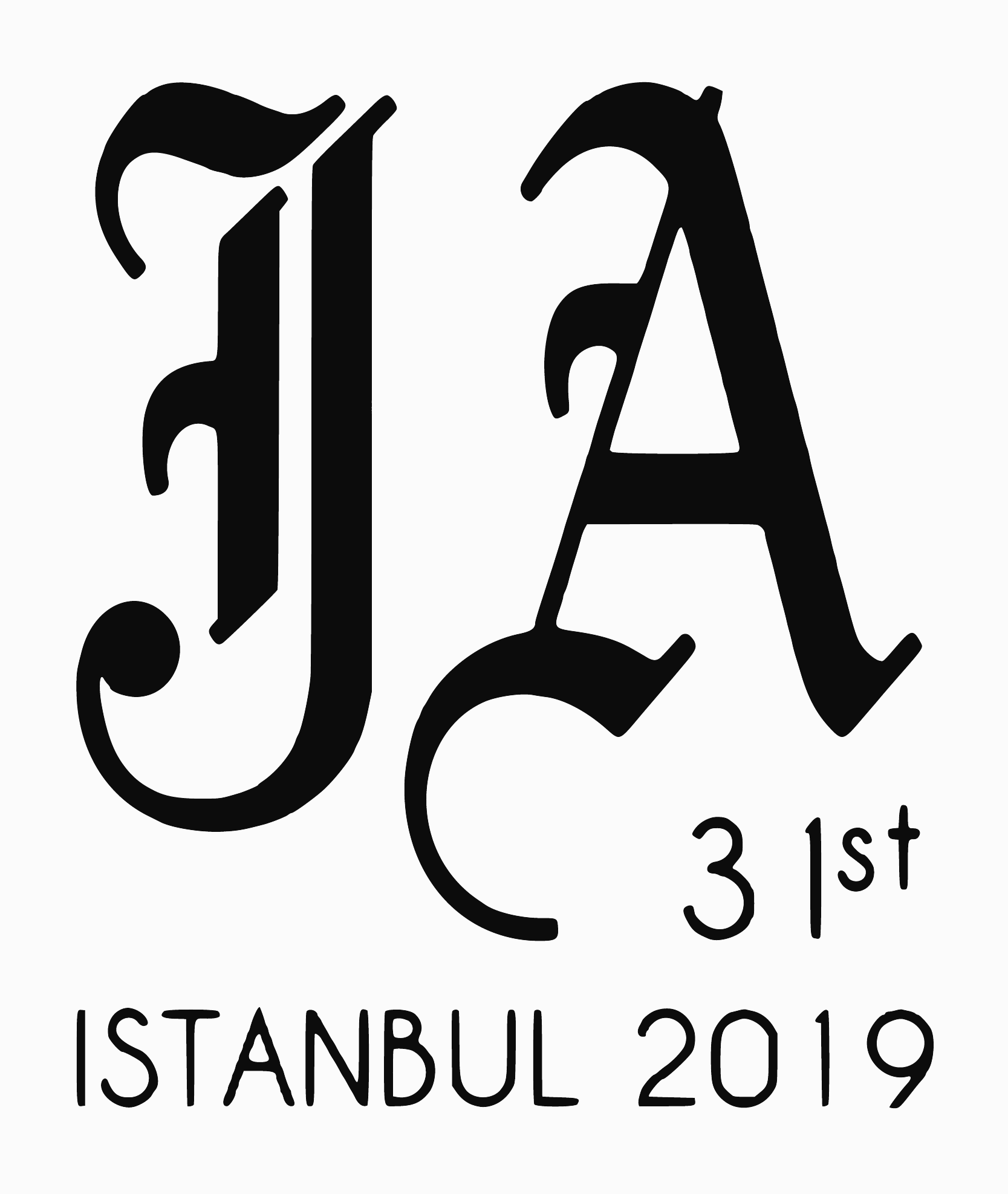|
03 Haziran 2022, 14:00 
Gebze Teknik Üniversitesi Matematik Bölümü Genel SeminerleriA Numerical Method for Source Identification Problem Related to Dynamical Kirchoff Plate Equation Onur Baysal Large Kirchoff Plate model is an integral part of most engineering fields including plate and shell structures [1]. In [2], some important identification problems are stated and some properties are analyzed such as stability and uniqueness. In this work we study the inverse problem of identifying the unknown load distribution $f(x, y)$ in the rectangular domain $\Omega:=(0, k) \times(0, l)$ such that $u_{t t}+D \Delta^{2} u=g(t) f(x, y) \; \text{ in } \; \Omega_{t}:=\Omega \times(0, T)$ $u(x, y, 0)=0, u_{t}(x, y, 0)=0, \; \text{ for } \; (x, y) \in \Omega$, $u=0, \partial_{n}=0, \; \text{ on } \; \overline{\partial \Omega_{i}} \times[0, T], \; \text{ for } \; i=1,2,3,4,$ $u=0,-D\left(v u_{x x}+u_{y y}\right)=0 \; \text{ on } \; \partial \Omega_{1} \times[0, T]$ .
Here $u(x, y, t)$ or $(u(x, y, t ; f))$ is the displacement at a point $(x, y) \in \bar{\Omega}$ and a time $t \in$ $[0, T], \partial_{n} u$ denotes the normal derivative of $u, g \in L^{2}(0, T)$ is the (known) temporal load, $D:=$ $E /\left(1-v^{2}\right)$ is the bending stiffness, $v \in(0,1)$ is the Poisson's ratio, $E$ is the elasticity modulus and $\partial \Omega=\sum_{i=1}^{4} \partial \Omega_{i}$ where
$\partial \Omega_{1}=(0, k) \times\{0\}, \partial \Omega_{2}=\{k\} \times(0, l), \partial \Omega_{3}=(0, k) \times\{l\}, \partial \Omega_{4}=\{0\} \times(0, l).$
In determination of $f$ we have the following boundary observation on $\overline{\partial \Omega_{1}}$ :
$\theta(x, t):=u_{y}(x, 0, t) \text{, for } \; x \in[0, l], t \in[0, T]$
The conjugate gradient algorithm (CGA) is designed for the numerical solution of the identification problem. The proposed approach is based on weak solution theory for PDEs, Tikhonov regularization combined with the adjoint method. Computational results, obtained for noisy output data, are illustrated to show an efficiency and accuracy of the proposed approach, for typical classes of source functions. References 1.L. Fryba, Vibrations of the Solids and Structures under Moving Loads, Thomas Telford Publishing House, 1999. 2.M. Yamamoto, Determination of forces in vibrations of beams and plates by point wise and line observations, J. Inv. Ill-Posed Problems, Vol.4, No.5, pp.437-457 1996. Link to the seminar is: https://teams.microsoft.com/l/meetup-join/19%3a0ae91f7b86a24e8fa1d818a6f74b22a1%40thread.tacv2/1653904979472?context=%7b%22Tid%22%3a%22066690f2-a8a6-4889-852e-124371dcbd6f%22%2c%22Oid%22%3a%22a343f6fd-86f8-4abe-95cf-3c7f4ad5f0ca%22%7d Microsoft Teams gtumatematik 31.05.2022 |
